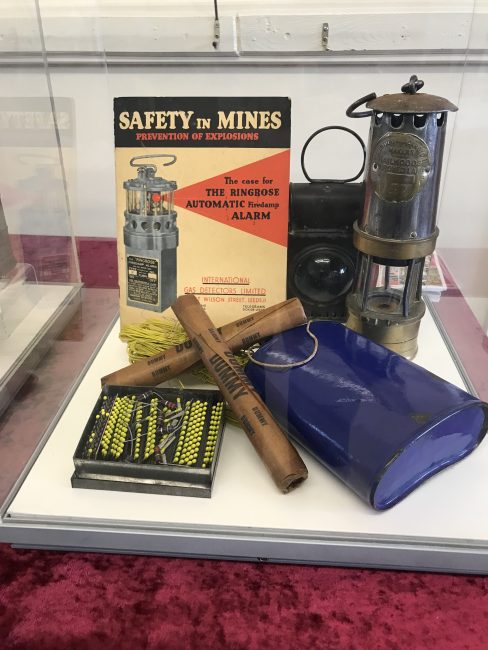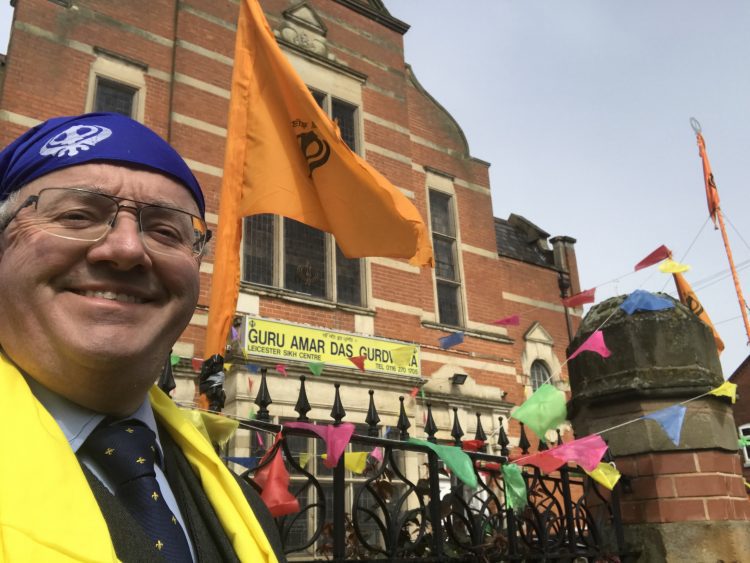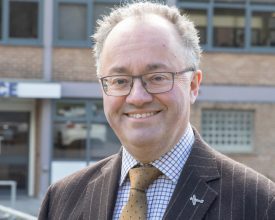Crimes committed against places of worship, or sites of historic importance are particularly hurtful to our communities. We are all creatures of our past and of the culture in which we grew up. They provide the backdrop to the decisions we make about our future – both as individuals, as a community and as a nation.
That is why theft of cultural items can be such a blow to a community. Robbing people of their past is like robbing them of their identity. And so what is known as “Heritage Crime” is a key priority of mine. Whether it is the lead roof from a church, theft from a mandir or items from our mining heritage, such criminal acts often have an emotional impact far greater than the financial damage done.

It helps that I am a historian. For years I earned a living writing books, advising TV and movie companies or giving after dinner speeches. Always the subject was how our nation’s past has shaped our present – and how it is going to be a key influence on our future.
A few weeks ago I went down to London to attend a conference organised by Historic England and the National Rural Crime Network. The day-long event was aimed at finding ways to make our cultural, historic and religious heritage safer against crime.
And I must say that it was wide ranging in its scope. We learned about how Artificial Intelligence [AI] is being used to study data from different police forces to identify when organised gangs are targeting heritage sites. Success has already been achieved by identifying and convicting a gang based in Lincolnshire that was active over most of central England – including Leicestershire and Rutland.
We also learned about how police forces can introduce simple, low-cost measures that will make their fight against heritage crimes more effective. Something as simple as having a “flag” on the Force computer records can make it easier to link crimes and so ensure stiffer sentences when criminals are caught.
Of great relevance to our area were the ways in which mandirs, mosques, gurdwaras and churches can be kept safer. There are specialist alarms available, though these cost money to install and maintain. But local communities can do much to help protect such buildings. Training packs are available for youth groups, neighbourhood watch and other voluntary bodies as well as for the police. There is even a specialist module available to Police Cadet units.

I have long been an enthusiastic supporter of voluntary groups and the way that they can help to keep their communities safe. It is better to prevent crime through proactive community action than for the police to catch a criminal once the damage has been done.
Nowhere is this more true than of heritage crime.
I look forward to bringing the lessons that I learned in London back to Leicester, Leicestershire and Rutland. Whether we are talking about a city-centre mandir, an archaeological site in a rural field or much-cherished village church it is vital that we learn best practice from others.
That is a key part of my mission as Police and Crime Commissioner.






